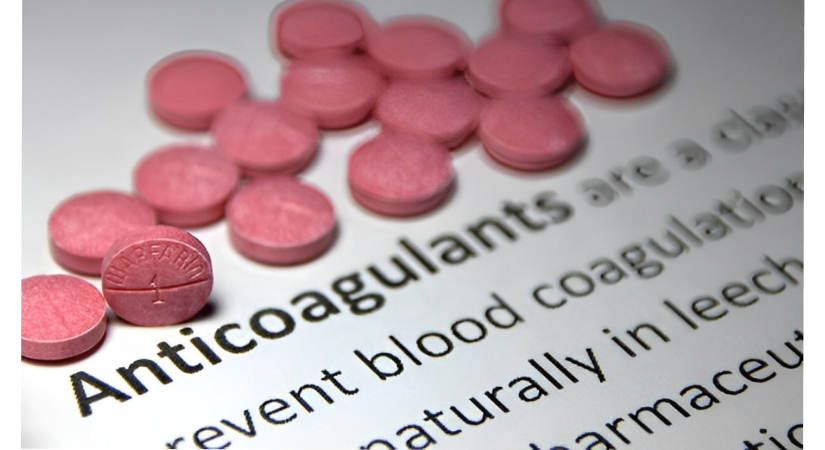Regeneron’s Factor XI Antibodies Demonstrate Strong Efficacy And Safety In Phase 2 Trials For Anticoagulant Treatment
Regeneron shared Phase 2 results for REGN7508 and REGN9933, Factor XI-targeting antibodies reducing clots safely.
Breaking News
Dec 20, 2024
Simantini Singh Deo

Regeneron Pharmaceuticals, Inc. announced encouraging Phase 2 results for two innovative monoclonal antibodies, REGN7508 and REGN9933, targeting different domains of Factor XI. These antibodies aim to reduce the risk of blood clots while minimizing bleeding, providing potential new options for patients who may not be candidates for current anticoagulant therapies.
In two open-label, active-controlled Phase 2 trials (ROXI-VTE-I and ROXI-VTE-II), both antibodies demonstrated strong antithrombotic effects without any clinically significant bleeding. REGN7508 targets the catalytic domain of Factor XI to maximize anticoagulant activity, while REGN9933 targets the A2 domain, offering an alternative for patients at the highest risk of bleeding.
George D. Yancopoulos, M.D., Ph.D., Board Co-Chair, President and Chief Scientific Officer at Regeneron, said in a statement, “Our Factor XI antibodies targeting the catalytic and A2 domains were rigorously evaluated alongside current standards of care and showed clear evidence of antithrombotic effect with an encouraging safety profile after a convenient single dose. These latest Phase 2 results add to our preclinical data that showed prolongation of activated partial thromboplastin clotting time was greater with REGN7508 and similar with REGN9933, compared to other Factor XI-targeted agents.
He further added, “Together, these clinical and preclinical data, along with compelling genetic evidence, give us confidence in targeting multiple distinct domains of Factor XI to potentially offer tailored therapies for patients with different bleeding risk profiles and in a variety of treatment settings. We are eager to advance REGN7508 and REGN9933 into a broad Phase 3 program beginning in 2025.”
The trials assessed their efficacy in preventing symptomatic or asymptomatic venous thromboembolism (VTE) after unilateral total knee replacement surgery. In ROXI-VTE-I, participants received either REGN9933 (single intravenous dose), enoxaparin (daily), or apixaban (twice daily) until venography. ROXI-VTE-II compared REGN7508 (single intravenous dose) with enoxaparin. Treatments began 12–24 hours post-surgery, aligning with the approved timing for the comparator drugs.
Both trials reported no major or clinically relevant non-major bleeding events. The only treatment-related adverse event was a minor bruise in the enoxaparin arm of ROXI-VTE-I. There were no serious adverse events (SAEs), trial discontinuations, dose modifications, or deaths in any group. Adverse event rates were consistent across treatment arms in both trials, with minimal differences: ROXI-VTE-I (REGN 9933: 22%, enoxaparin: 21%, apixaban: 25%) and ROXI-VTE-II (REGN7508: 22%, enoxaparin: 25%).
While these results are promising, the safety and efficacy of REGN7508 and REGN9933 are still under evaluation and have not been reviewed or approved by regulatory authorities. Regeneron’s findings highlight the potential for these antibodies to improve anticoagulant therapy, particularly for patients with elevated bleeding risks.
